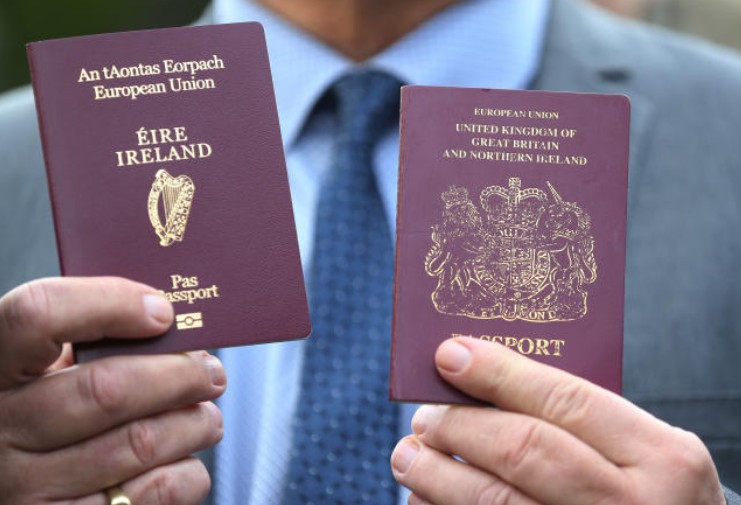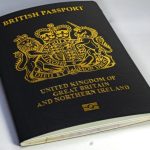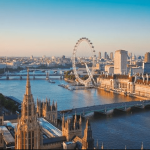Introduction: Exploring Dual Nationality Between Ireland and the UK
In recent years, the question “Can I have Irish and British passport?” has become a popular query for many individuals, particularly those with ties to both Ireland and the United Kingdom. With a shared history, geographical proximity, and similar legal frameworks, having dual nationality in these two countries has been a topic of interest for many citizens and potential applicants alike. In this article, we will dive deep into the possibility of holding both Irish and British passports, the legal aspects surrounding dual nationality, and what this means for citizens in the UK.
What Does Dual Nationality Mean?
Understanding the Concept of Dual Nationality
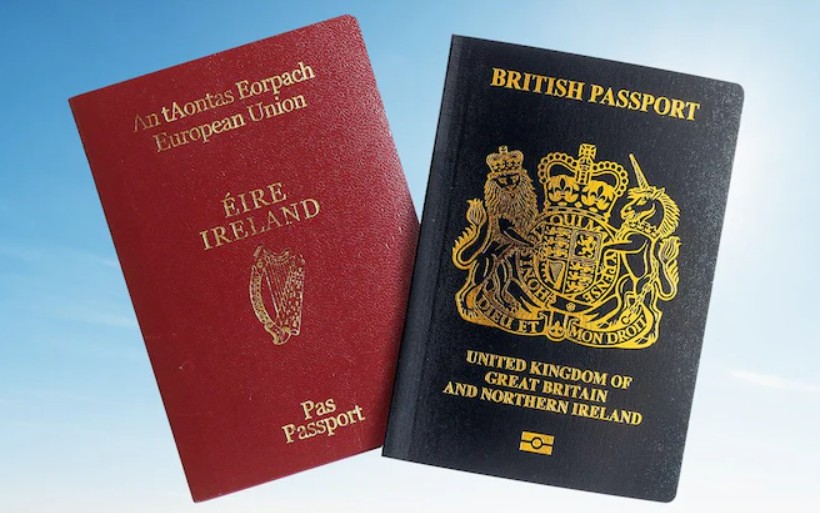
Dual nationality refers to the legal status of an individual being a citizen of two countries at the same time. This status allows an individual to have the rights and responsibilities of both countries, such as voting rights, the ability to work, and access to social services. In the case of the Irish and British passports, individuals with dual nationality can enjoy the benefits of both Irish and British citizenship, but some legal implications and requirements need to be understood.
Key Points About Dual Nationality:
- Two passports: The most immediate benefit of dual nationality is the ability to hold two valid passports — in this case, both an Irish and a British passport.
- Civic rights: Dual nationals can participate in elections and civic duties in both countries.
- Residency rights: Dual Irish and British citizenship lets you live, work, and study in both countries, plus across the EU with an Irish passport.
Can I Have Irish and British Passport?
Exploring the Possibility of Holding Both Passports
Yes, it is possible to have both an Irish and a British passport, but it comes with certain conditions and regulations that vary depending on your personal circumstances. The rules surrounding dual nationality between the Republic of Ireland and the United Kingdom are influenced by historical agreements, particularly the Good Friday Agreement, as well as each country’s respective laws on citizenship.
Key Requirements for Holding Both Passports:
- Irish Citizenship: To qualify for an Irish passport, you need to meet specific criteria such as being born in Ireland, having at least one Irish parent, or, in some cases, having Irish grandparents.
- British Citizenship: If you’re born in the UK or have British ancestry, you may be eligible for British citizenship. Additionally, individuals who were born in Northern Ireland or are descendants of British citizens can qualify for British nationality.
- Good Friday Agreement: Under the Good Friday Agreement, citizens of Northern Ireland can choose to be British, Irish, or both, providing them with a unique status in terms of nationality.
What You Need to Know?
| Criteria | Irish Passport | British Passport |
| Eligibility | Born in Ireland, Irish parents/grandparents | Born in the UK, a British parent, or through naturalisation |
| Dual Nationality | Permitted and recognised | Permitted and recognised |
| European Union (EU) | Access to EU benefits and rights | No longer part of the EU post-Brexit |
| Voting Rights | Right to vote in Irish elections | Right to vote in UK elections |
Why Dual Nationality Can Be Beneficial?
Possessing both Irish and British passports provides a range of unique benefits. Whether you’re someone considering applying for dual nationality or already holds citizenship in both countries, there are clear benefits:
Freedom of Movement:
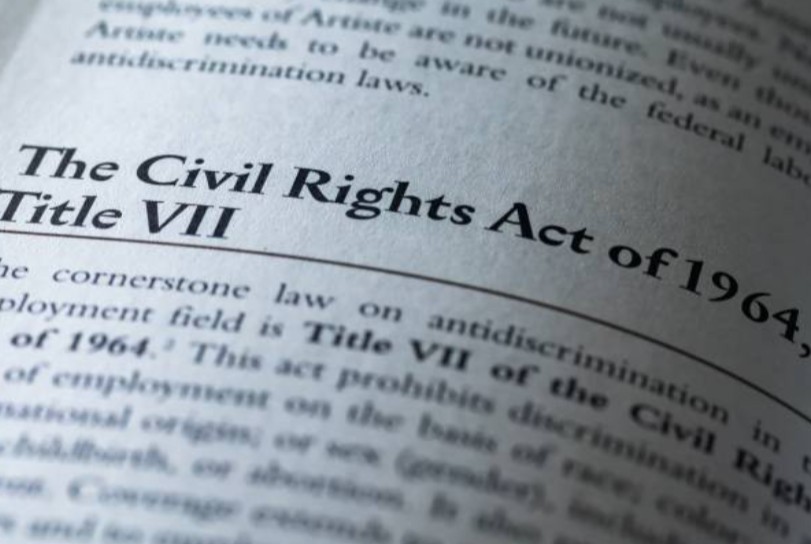
-
- Irish passport holders have access to the European Union, allowing visa-free travel and residency across EU member states.
- A British passport grants access to the UK, and while the UK is no longer in the EU, it still offers strong international travel benefits, especially for Commonwealth citizens.
Work and Residency Rights:
-
- Dual nationals can live and work in both the UK and Ireland without restrictions. Additionally, Irish citizens can enjoy full access to social welfare systems in both countries.
Educational Opportunities:
-
- UK citizens benefit from access to UK-based student loans and tuition fees, while Irish citizens can enjoy the same benefits in Ireland.
- With an Irish passport, there’s also the possibility of studying in EU countries under favourable terms.
What Are the Legal and Practical Considerations for Holding Two Passports?
Navigating the Complexities of Dual Citizenship
While dual nationality can seem like a great opportunity, it does come with some legal complexities and responsibilities that need to be understood.
Some Considerations to Keep in Mind:
- Taxation: Dual nationals may be subject to the tax laws of both countries. While the UK and Ireland have agreements to prevent double taxation, it is important to seek legal advice if you work in one country and reside in the other.
- Military Service: Both countries have different rules regarding military service, but as a dual citizen, you are unlikely to be required to serve unless you specifically live in one of the countries and are called upon.
- Renunciation of Citizenship: In rare cases, holding dual nationality can create legal challenges. For example, if one country does not recognize dual citizenship, you might have to renounce one nationality to hold another.
Conclusion: Is Dual Nationality Between Ireland and the UK Right for You?
In conclusion, the possibility of holding both an Irish and British passport is very much achievable and comes with many advantages. From enhanced travel freedom to the ability to live and work in both the UK and Ireland, dual nationality can offer unique opportunities for many people. However, it’s important to consider the legal and practical implications, especially regarding taxation, military service, and nationality rights. As with any major decision, it is essential to weigh the pros and cons before proceeding.
If you’re interested in pursuing dual nationality, it is always a good idea to consult with a legal professional who specializes in nationality law to ensure that you are making the best decision for your situation.
FAQs
Can I have dual citizenship if I was only born in the UK?
Yes, you may be eligible for British citizenship at birth. Having parents who are Irish citizens may give you the right to claim Irish citizenship yourself, potentially allowing you to hold dual nationality.
Will having both passports give me more travel freedom?
Yes, having both an Irish and British passport opens up multiple travel benefits. Irish citizens can travel freely across the EU, and British passport holders have access to many countries globally, although not all EU rights apply after Brexit.
Do I need to inform the UK or Irish authorities if I have dual nationality?
In general, you do not need to notify the authorities unless you are applying for specific government services or positions. Still, it’s essential to understand both your responsibilities and the protections you’re entitled to.



